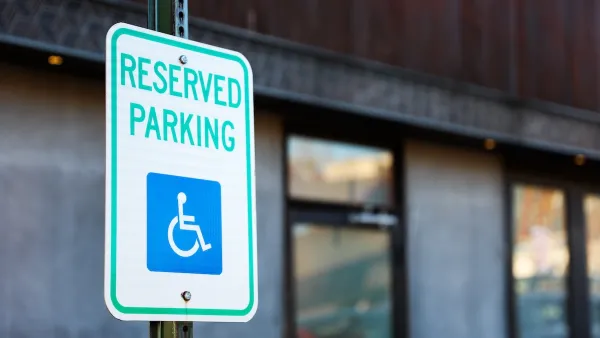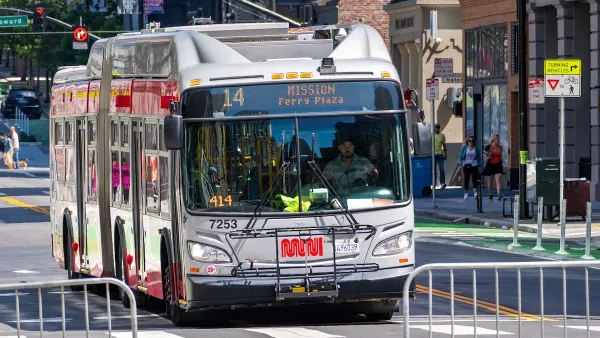Sabrina Tavernise explores "one of the most important developments in the recent economic history of this country" - the growing divide between metro areas with large numbers of college graduates, and those struggling to keep those they have.
In a trend that has only surfaced in the last few decades, but was accelerated by the recession, the gap between cities with high numbers of college grads and those at the other end of the spectrum, "shows signs of widening as college graduates gravitate to places with many other college graduates and the atmosphere that creates."
According to Tavernise, recent analysis by the Brookings Institution shows that, "The winners are metro areas like Raleigh, N.C., San Francisco and Stamford, Conn., where more than 40 percent of the adult residents have college degrees...Metro areas like Bakersfield, Calif., Lakeland, Fla., and Youngstown, Ohio, where less than a fifth of the adult residents have college degrees, are being left behind."
Why is this disparity important? "In a pattern that is part education, part family background, college graduates tend to have longer life expectancies, higher household incomes, lower divorce rates and fewer single-parent families than those with less education, and cities where they cluster tend to exhibit those patterns more strongly."
FULL STORY: A Gap in College Graduates Leaves Some Cities Behind

Planetizen Federal Action Tracker
A weekly monitor of how Trump’s orders and actions are impacting planners and planning in America.

Map: Where Senate Republicans Want to Sell Your Public Lands
For public land advocates, the Senate Republicans’ proposal to sell millions of acres of public land in the West is “the biggest fight of their careers.”

Restaurant Patios Were a Pandemic Win — Why Were They so Hard to Keep?
Social distancing requirements and changes in travel patterns prompted cities to pilot new uses for street and sidewalk space. Then it got complicated.

Platform Pilsner: Vancouver Transit Agency Releases... a Beer?
TransLink will receive a portion of every sale of the four-pack.

Toronto Weighs Cheaper Transit, Parking Hikes for Major Events
Special event rates would take effect during large festivals, sports games and concerts to ‘discourage driving, manage congestion and free up space for transit.”

Berlin to Consider Car-Free Zone Larger Than Manhattan
The area bound by the 22-mile Ringbahn would still allow 12 uses of a private automobile per year per person, and several other exemptions.
Urban Design for Planners 1: Software Tools
This six-course series explores essential urban design concepts using open source software and equips planners with the tools they need to participate fully in the urban design process.
Planning for Universal Design
Learn the tools for implementing Universal Design in planning regulations.
Heyer Gruel & Associates PA
JM Goldson LLC
Custer County Colorado
City of Camden Redevelopment Agency
City of Astoria
Transportation Research & Education Center (TREC) at Portland State University
Camden Redevelopment Agency
City of Claremont
Municipality of Princeton (NJ)





























